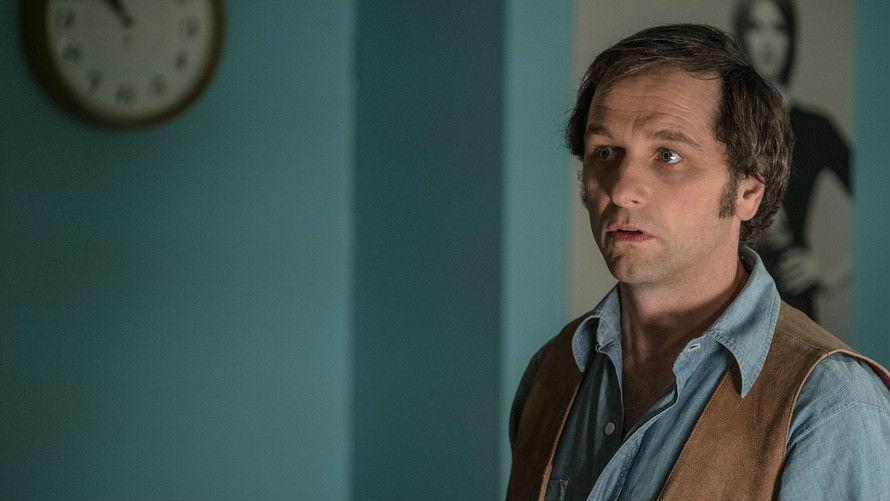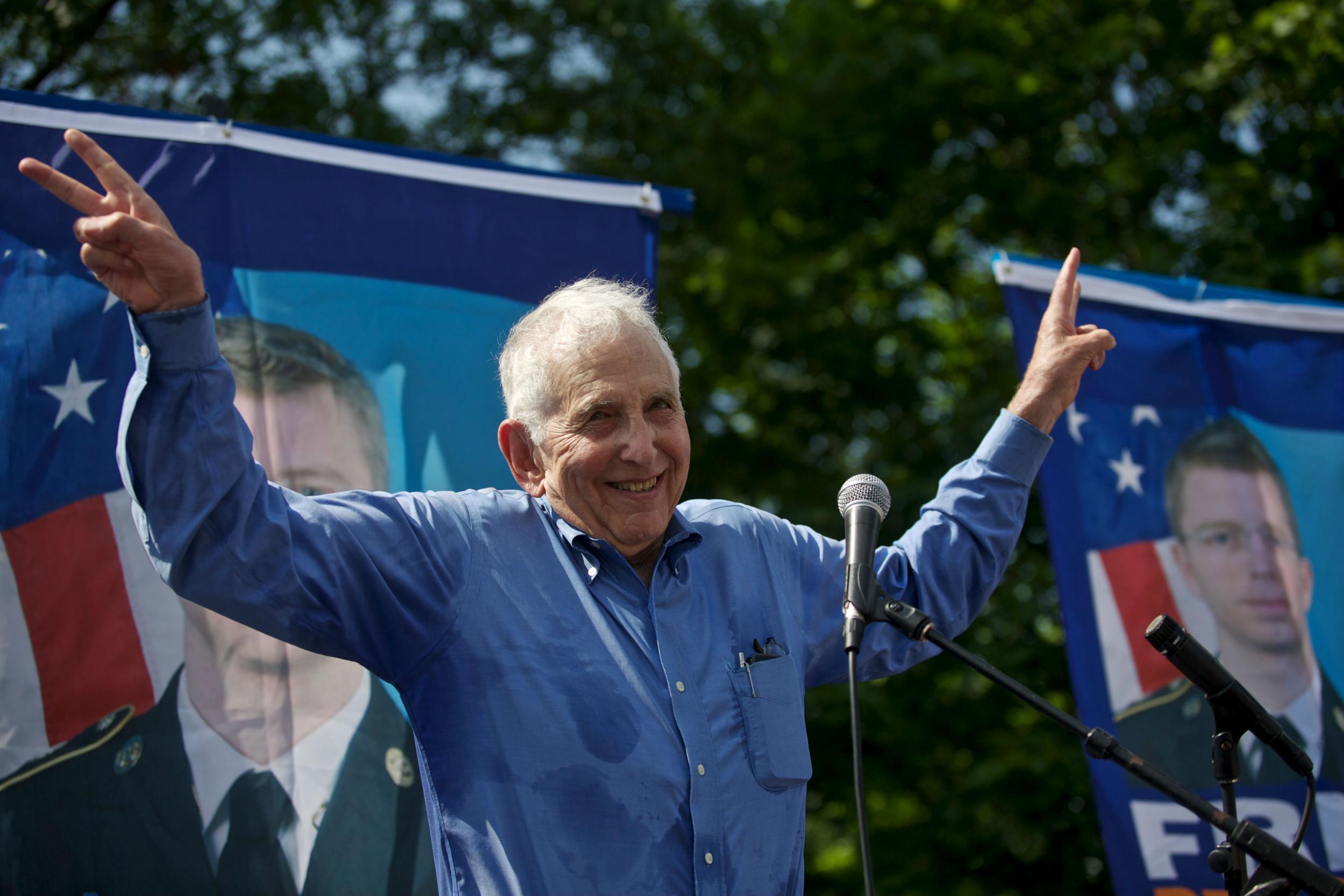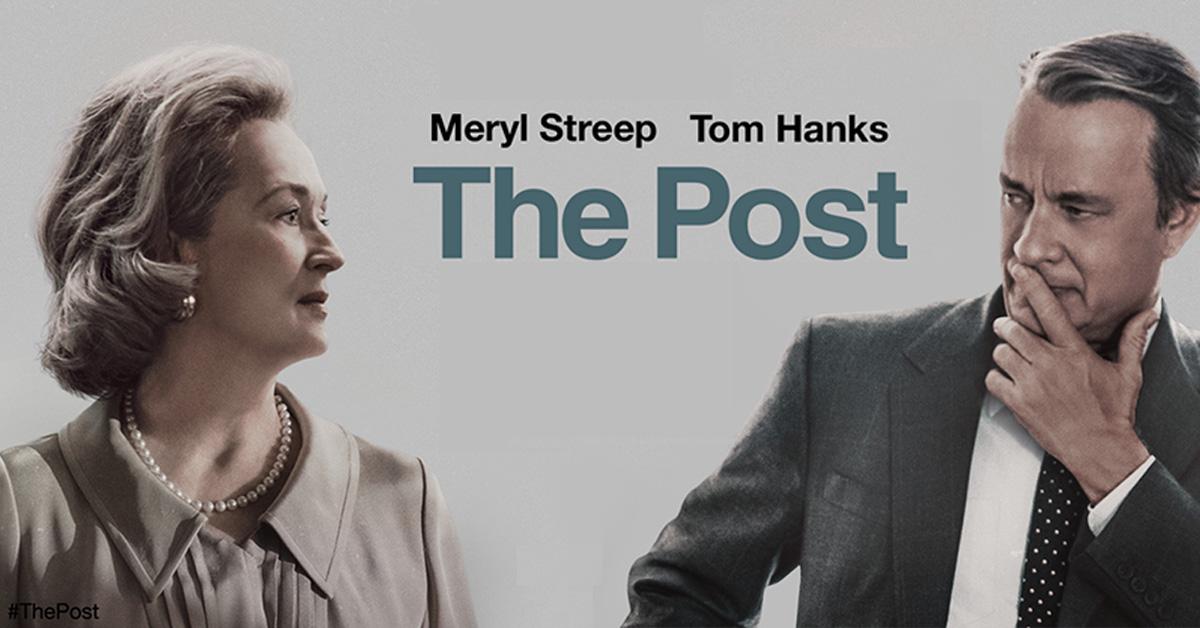The Independent's journalism is supported by our readers. When you purchase through links on our site, we may earn commission.
Donald Trump is more sinister than Richard Nixon, says Pentagon Papers whistleblower Daniel Ellsberg
Exclusive: Mr Ellbserg's actions are dramatised in Steven Spielberg's 'The Post'

Your support helps us to tell the story
From reproductive rights to climate change to Big Tech, The Independent is on the ground when the story is developing. Whether it's investigating the financials of Elon Musk's pro-Trump PAC or producing our latest documentary, 'The A Word', which shines a light on the American women fighting for reproductive rights, we know how important it is to parse out the facts from the messaging.
At such a critical moment in US history, we need reporters on the ground. Your donation allows us to keep sending journalists to speak to both sides of the story.
The Independent is trusted by Americans across the entire political spectrum. And unlike many other quality news outlets, we choose not to lock Americans out of our reporting and analysis with paywalls. We believe quality journalism should be available to everyone, paid for by those who can afford it.
Your support makes all the difference.The whistleblower whose actions in leaking the Pentagon Papers 50 years ago inspired the movie The Post and who faced life in prison for doing so, has claimed Donald Trump is in some ways more sinister and dangerous than Richard Nixon.
Daniel Ellbserg, who was charged under the Espionage Act for providing to the press a classified Pentagon study about the war in Vietnam that revealed the government had repeatedly lied, said Mr Trump - unlike Nixon - had openly demonised the media and sought to undermine it.
“What we have never had is the President openly demonising the press in the way Trump does and telling his base that the press is making up news against him,” said the 86-year-old former military analyst.

“Nixon thought of the press as the enemy, but he kept that private. We can get it from Trump’s tweets.”
Asked if he believed Mr Trump’s actions were in that sense more dangerous than those of Nixon, who sought to jail him for up to 115 years, he told The Independent: “Nixon did not make an effort to destabilise the press. This is something new and it’s sinister…The press is all we have.
“Yes, it’s more shocking and dangerous in a way. It’s hard to stop.”
He said he believed other branches of government were not seeking to counter Mr Trump’s assault on the media. “If he is successful, our democracy is very much under threat.”
Mr Ellsberg became a cause celebre in the early 1970s when he leaked the documents that revealed the US government knew very early on after its escalation of the war in Vietnam that it could most likely never be won.
One leaked memo from the administration of President Lyndon Johnson listed the calculation that had been made for the US to keep fighting. It said 10 per cent was for the chance of allowing the people of South Vietnam to live better lives, 20 per cent was to keep South Vietnam out of Chinese hands and 70 per cent was to avoid humiliation for the US.
Mr Ellsberg, who obtained the documents while working for the Rand Corporation, was disgusted by the government lies he was confronted with. In the end, the US continued the war until 1975, with the death toll including 58,000 US troops, up to 430,000 South Vietnam civilians and 300,000 South Vietnamese soldiers, and 850,000 North Vietnamese troops and 65,000 civilians.

Watch Apple TV+ free for 7 days
New subscribers only. £8.99/mo. after free trial. Plan auto-renews until cancelled

Watch Apple TV+ free for 7 days
New subscribers only. £8.99/mo. after free trial. Plan auto-renews until cancelled
In May 1973, amid a flurry of revelations about the Nixon administration that became the Watergate scandal, charges against Mr Ellsberg were thrown out. Nixon resigned in August 1974 as congress was preparing to impeach him.
The whistleblower’s seminal role at this pivotal moment of US history has recently been once again highlighted by the release of Steven Spielberg’s movie, The Post.
The film tells the story of how, when the New York Times was prevented by an injunction from publishing Mr Ellsberg’s documents, the Washington Post, under its publisher Katherine Graham and editor Ben Bradlee, was able to step in and do so. In cinemas, audiences have been cheering when Graham, played by Meryl Streep, gives the green light to her editor, played by Tom Hanks, to publish and set the presses rolling.
In the film, Mr Ellsberg is played by Matthew Rhys, who spent a day with the octogenarian to prepare for the role.

“What struck me is his passion for justice, ultimately, hasn’t waned in 45 years. What surprised me in the research I did about him was how often he was called a traitor, and how the opposite is actually true,” Rhys told MarketWatch.
“So much of what he did came from a true patriotism, not to mention his humanitarian approach as to why he wanted the US to withdraw from the Vietnam War. He was a soldier himself. He served in the military. He believed vehemently in this country and that drive within him. still hasn’t waned in any way.”
Mr Ellsberg, who late last year released a book The Doomsday Machine Confessions of a Nuclear War Planner, which provides an inside account of America’s nuclear programme from the 1960s until now, praised the film and said Rhys was a good actor.
Yet he said much of the movie was taken up by the drama about whether Graham would publish the documents. The movie quotes her late husband as saying such journalism represented “the first draft of history”.
“I was not interested in history. I wanted to enlighten people right then,” Mr Ellsberg said. “The analogy to now is the same. We’re involved in wars in Iraq and Afghanistan. I would hope someone would put out the information in the media now.”
Indeed, he praised Katharine Gun, a former employee of British intelligence’s listening service GCHQ, who in 2003 leaked information she obtained about the US National Security Agency’s (NSA) efforts to bug the New York offices of six “swing nations” who, it was believed, would determine whether the United Nations Security Council would approve the US and UK’s invasion of Iraq. Ms Gun was charged under the UK Official Secrets Act but the case was subsequently dropped when the prosecution offered no evidence.
Mr Ellsberg also praised former CIA contractor Edward Snowden who leaked information about several US global surveillance programmes and Chelsea Manning, the former US solider who leaked 750,00 documents to Wikileaks. She was sentenced to 35-years imprisonment but that was subsequently commuted by Barack Obama before he left office.
Mr Ellsberg pointed out Mr Obama had used the Espionage Act against journalists’ sources more than all other presidents combined - nine cases compared with only three by all previous administrations. He said he feared Mr Trump would soon follow suit given the vow by Attorney General Jeff Sessions to do so.
In the summer of 2017, Mr Sessions claimed the Department of Justice was pursuing three three times as many leak investigations as were open at the end of the Mr Obama’s term. “We respect the important role that the press plays and will give them respect, but it is not unlimited,” said Mr Sessions.
For all that, Mr Ellsberg said he hoped any official uncovering evidence of government malfeasance or lies, especially when people’s lives were at risk, would consider doing what he and others had done.
He said if there was another Edward Snowden “out there” he would hope they would come forward. He said he regretted he had not done so, in 1964, when he first became aware of what the government was doing.
“My advice would be…if you have the information and can take the risk, to get the information out and let the public know.”
Join our commenting forum
Join thought-provoking conversations, follow other Independent readers and see their replies
Comments